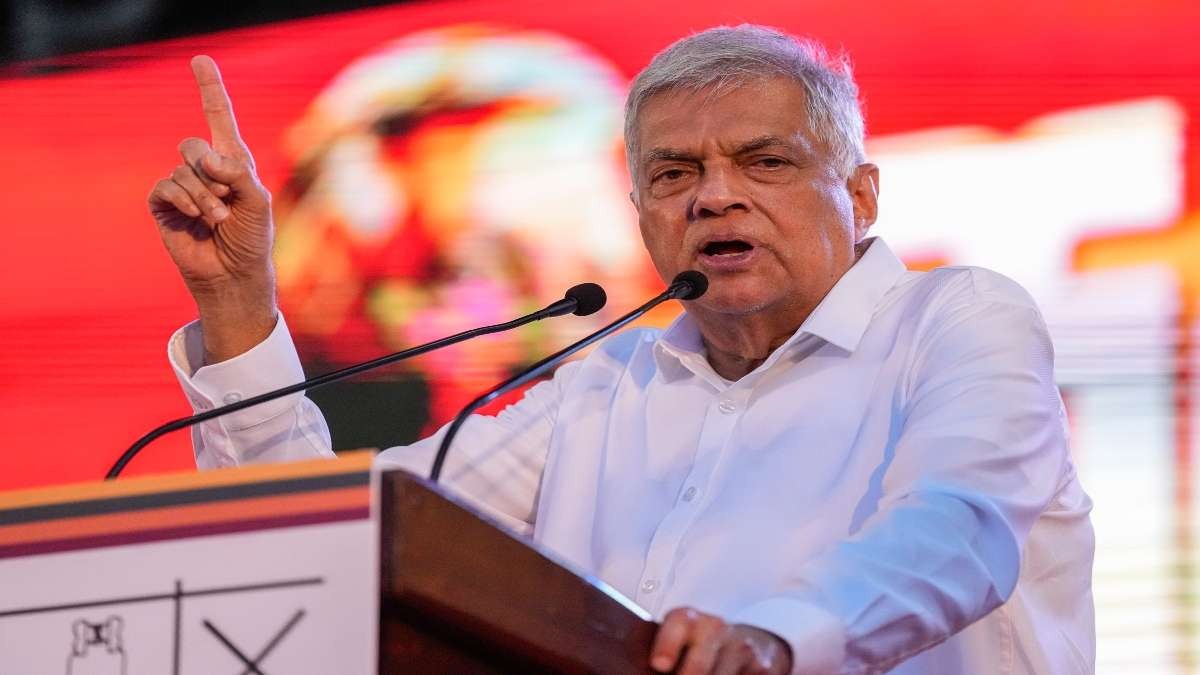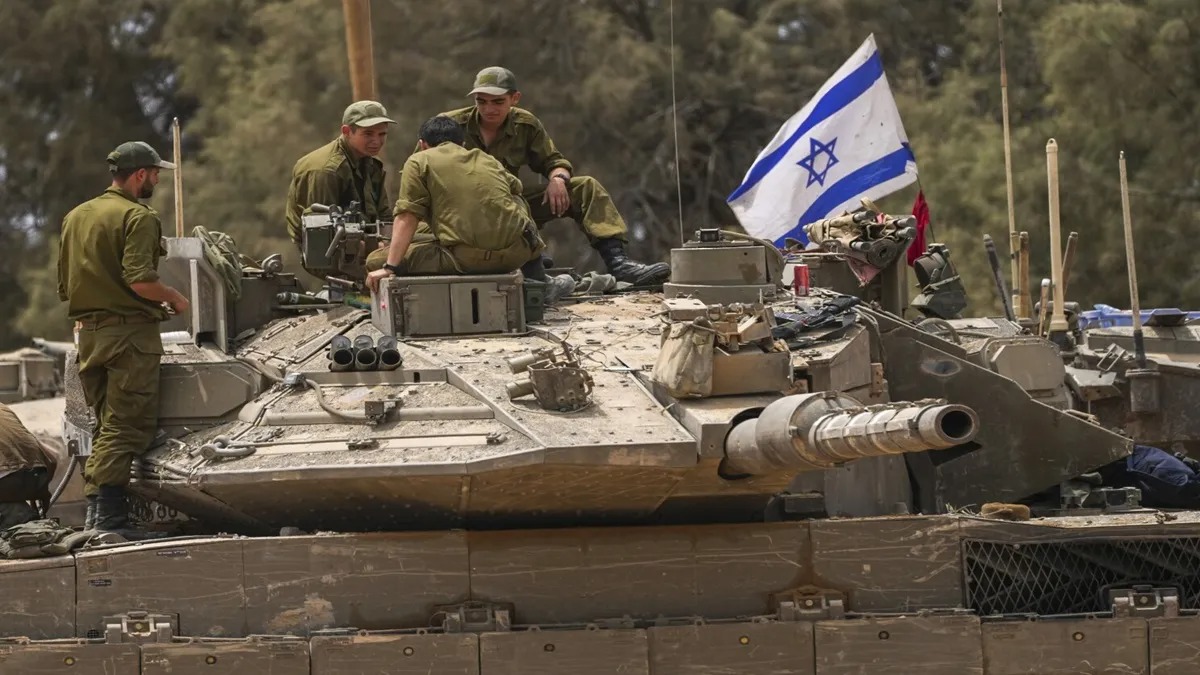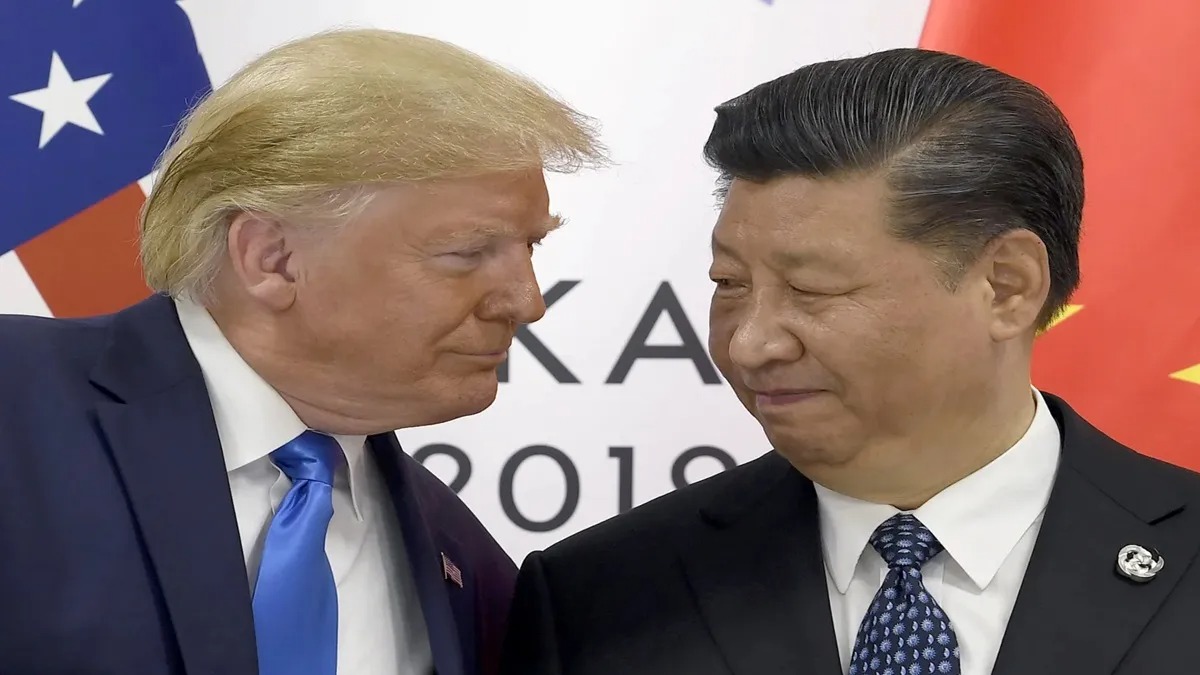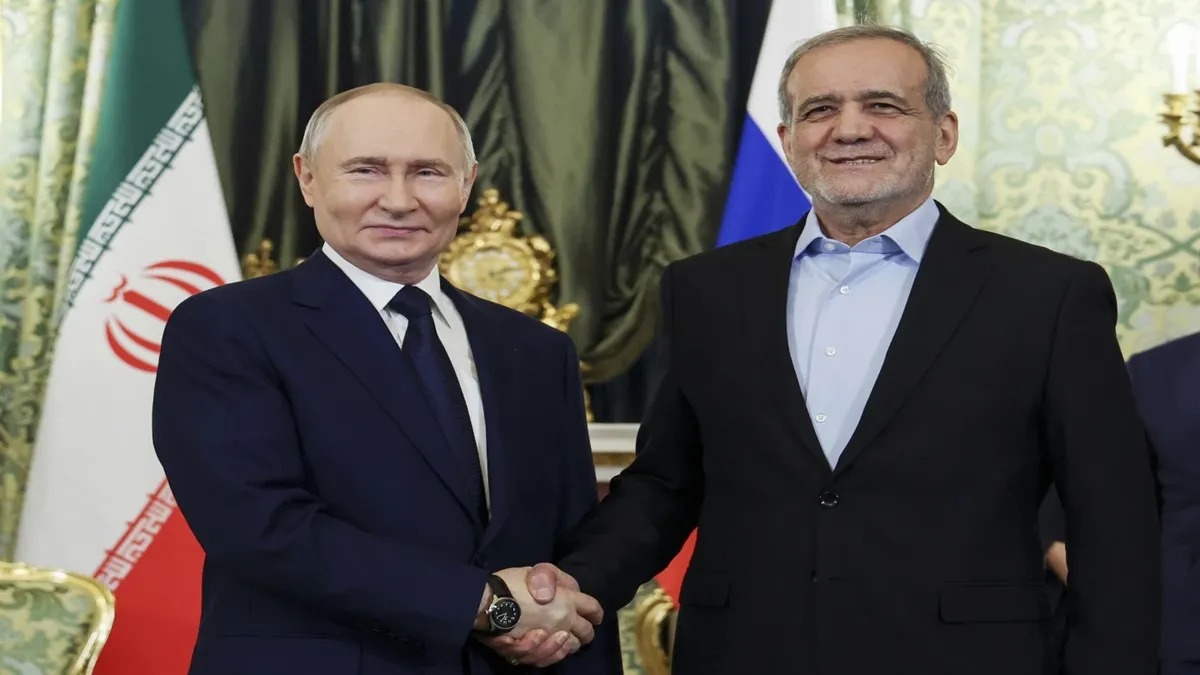
International: Voting began on Saturday (September 21) in Sri Lanka’s presidential election – its first major since its worst economic crisis in 2022. Around 17 million people are eligible to cast their vote at over 13,400 polling stations. Polling began at 7 am and will continue till 5 pm and the results are expected by Sunday. Voters will choose among 38 presidential candidates.
Over 200,000 officials have been deployed to conduct the election which will be guarded by 63,000 police personnel.
Who are in the fray?
Incumbent President Ranil Wickremesinghe, 75, is seeking re-election for a five-year term as an Independent candidate, riding on the success of his efforts to pull the country out of the economic crisis, which many experts hailed as one of the quickest recoveries in the world.
The three-cornered electoral battle will see Wickremesinghe facing stiff competition from Anura Kumara Dissanayake, 56, of the National People's Power (NPP), and Sajith Premadasa, 57, of the Samagi Jana Balawegaya (SJB) and the main Opposition leader.
As Sri Lanka sank into economic collapse in 2022, a popular uprising led its then-president, Gotabaya Rajapaksa, to flee the country.
Though Wickremesinghe's recovery plan tied to rigid reforms linked to the International Monetary Fund (IMF) bailout was hardly popular, it has helped Sri Lanka recover from successive quarters of negative growth.
Sri Lanka's crisis has proven an opportunity for the 55-year-old Dissanayaka, who has seen a surge of support due to his pledge to change the island's "corrupt" political culture.
This time, the minority Tamil issue is not on the agenda of any of the three main contenders in this election. Instead, the nation's battered economy and its recovery have taken centre stage with all three front runners vowing to stick with the IMF bail-out reforms.
Dissanayake and Premadasa want to tinker with the IMF programme to give more economic relief to the public.
--Advertisement--

 Desk
Desk Share
Share






